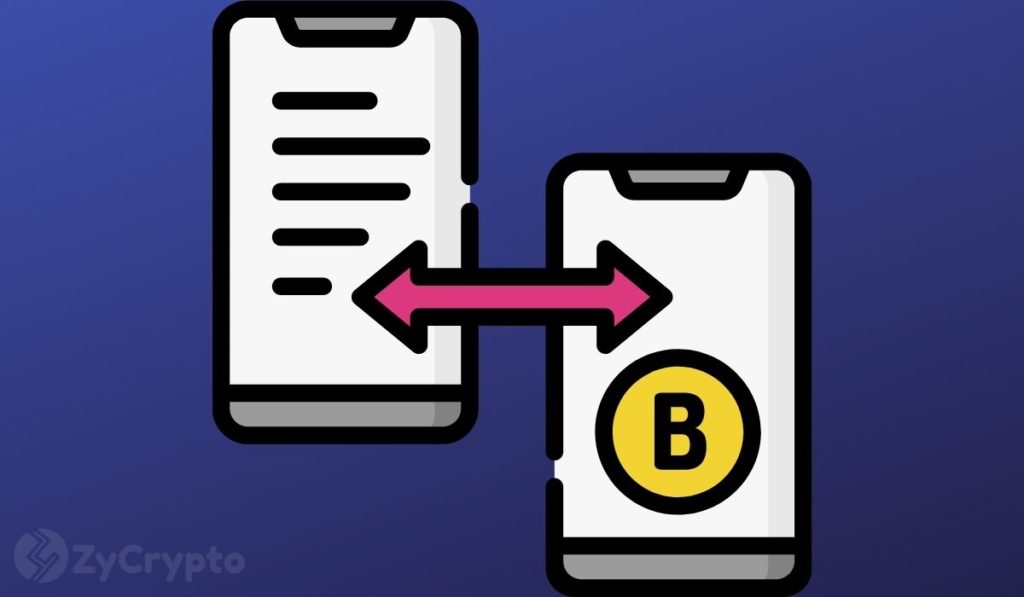
Despite the flagship cryptocurrency falling to six-month lows, El Salvador is not wavering in its bitcoin flag-waving. The government of the Central American nation is exploring creating low-interest loans backed by bitcoin for small-to-medium-sized enterprises across the country.
The new initiative aims to address the pressing financial needs of the local informal entrepreneurs and self-employed individuals in the first quarter of this year.
El Salvador To Make Low-Interest BTC Loans Available To SMEs
Speaking during a Facebook Live audio room on Jan. 19 titled “Bitcoin loans with lower interest rates”, the director of the technological affairs for the Salvadoran government, Monica Taher, indicated that the next project for the country entails using bitcoin to provide low-interest loans.
Details of how the BTC-based loans will work are quite scanty, but the motivation behind the project has been elaborated on comprehensively. Taher said these loans will give the unbanked access to small loans in form of digital money, while also helping them build a credit history. Moreover, El Salvador will be bolstering its national economy by empowering its small businesses.
Paul Steiner, the president of El Salvador’s National Commission for Micro and Small Enterprises (Conamype), observed that small and micro-businesses make up the majority of the operations in the nation and they have been fraught with exorbitant loan interest rates — making it harder for them to meet their obligations.
“El Salvador has roughly 1.2 million businesses in the country, Roughly 66% are micro-businesses or “subsistence” businesses. Over 90% of micro-businesses are self-funded via informal loans or loan sharks,” he opined.
Steiner believes the bitcoin-backed loans will help remedy this current situation and improve the condition of these businesses. He also revealed that the BTC loans strategy would be implemented through the state-sponsored wallets for citizens, the Chivo wallets.
El Salvador’s Bitcoin Journey
El Salvador officially made Bitcoin its currency of choice in September 2021 in what was viewed as a watershed moment for the cryptocurrency industry. Nonetheless, its path to adoption has been far from smooth.
Thousand of Salvadorans have strongly protested against President Nayib Bukele’s Bitcoin Law, with others criticizing the government for lack of transparency in the bold Bitcoin experiment.
Case in point, Bukele — who purchases BTC for the small Latin American nation with public money via his phone — is yet to reveal who actually controls the private keys to the country’s Bitcoin stash. But, going by his tweets, he has procured at least 1,391 Bitcoins to date.
The Bitcoin Law has been applauded by bitcoin faithfuls outside El Salvador who harbor the opinion that it will bring about economic freedom to Salvadorans. If only the country’s residents, the IMF, the World Bank, and Ethereum’s Vitalik Buterin agreed.





















